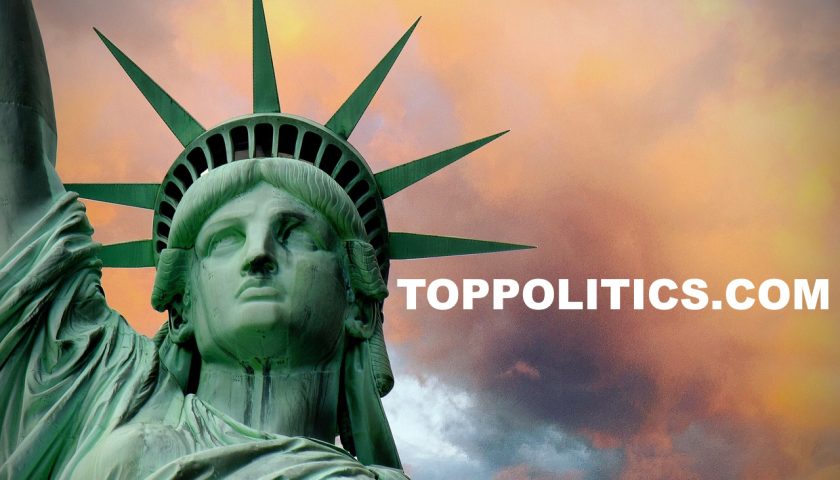When this president’s father was in the Oval Office, he was fond of singing the praises of the “New World Order” that was to arrive. The phrase carried a lot of baggage, especially with conservatives who had long heard the term associated with a one-world government with little room for individual rights. Some believe the first George Bush’s attachment to this term hurt his chances for re-election, and contributed to the movement that brought Ross Perot into the fray and split the conservative vote.
The current president has steered clear of the specific terminology, but only an ostrich with his head in the sand would say that we are not moving headlong toward a reorganization of the world system, and it has become clear that individual rights are at risk. The war in Afghanistan was not only inevitable, but was probably desirable. Iraq was no ones’ friend, and even those of us who questioned the wisdom of invasion had difficulty opposing the end of such an abusive regime. However the trend is disturbing as we now speak casually of invading Syria, Iran, or North Korea. Not only does the war posturing make us globally unpopular (and therefore unable to extol the virtues of free markets), wars also bring with them serious limits on freedom at home. We’ve begun to see some of that.
Laws like the Patriot Act are so comprehensive that most of us are likely violating a half dozen edicts without knowing it. The difference this time is that conservatives are largely supportive of all these actions. Strangely, all the things that Bill Clinton could never have gotten past the Republican Congress are sailing through with little forethought.
Meanwhile, we have lost the attention of nations around the world. We imagined that the menace of communist based philosophies died with the Berlin Wall, but now we are faced with socialists winning elections worldwide. The new look of the “World Order” is not a pretty one, and clearly not one that values freedom. Yet we have no voice in world affairs, where many smaller nations have begun to view America as a bully. The fact that we are “in the right” isn’t important in this area, as one cannot force freedom’s acceptance. It is a tenuous choice that a nation must make for itself. The approach we’ve taken recently has limited our ability to offer our wisdom.
In light of these world changes, it may be wise to consider our investment strategies. It is fair to say that investing overseas may meet with some difficulty, but if trends continue, we may see trouble here as well. Alas, so much of American business success is due to exports, yet we’re faced with protectionist barriers coming up against us in many nations. Some of this is justified, because although other nations tend to have much higher barriers, America has recently begun to impose rather restrictive tariffs as well. The idea of a free-trade zone, such as NAFTA, actually is an enemy to true free trade, because it actually prevents free trade with nations outside the limited trade bloc.
All of this may eventually impact American companies, as they find international trade opportunities severely restricted. The past two decades were a time of relative freedom internationally for travel, trade, and discussion. That may change, and if it does, the impact could be devastating. The last time we restricted world trade to this extent, the period culminated in the great depression. We’re a long way from that today, but without some wise leadership, we may find ourselves facing further difficulties. Thus far, sadly, this administration has shown little strength in economic issues.
Changes in the world make our investment strategies critical to our future. More than ever, a careful plan is vital to our ability to weather the storms that may come in the economy.
To send comments or to learn more about Scott Pearson’s Investment Management Service, visit http://www.valueview.net
Scott Pearson is an investment advisor, writer, editor, instructor, and business leader. As President and Chief Investment Officer of Value View Financial Corp., he offers investment management services to a wide variety of clients. His own newsletter, Investor’s Value View, is distributed worldwide and provides general money tips and investment advice to readers both internationally, and in the U.S.

